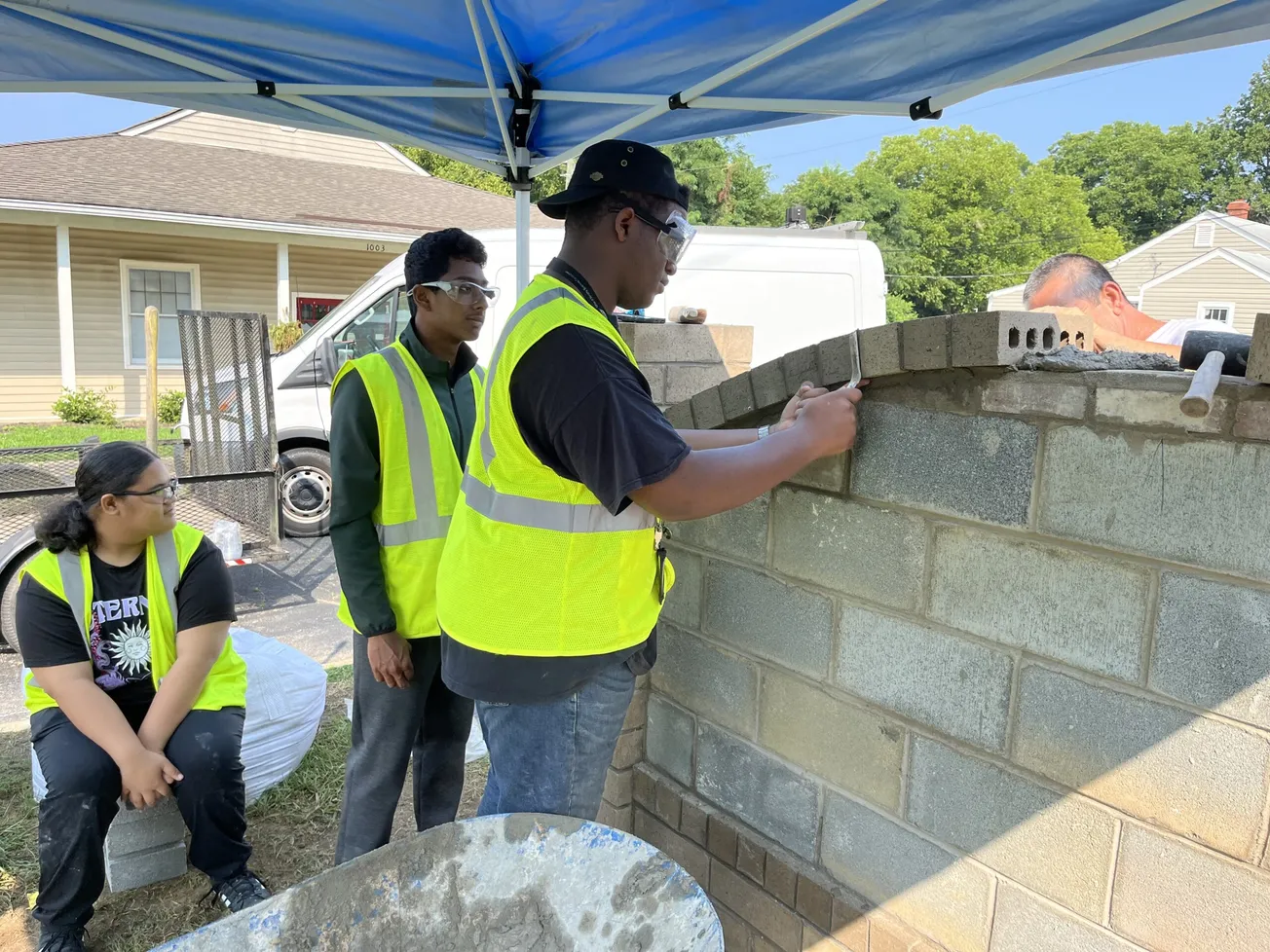Highland Springs — Eastern Henrico — Community — Top News — Education — Business — Associated General Contractors of America — Advanced Career Education Center — Ken Simonson — Willie Cline — William Crowder — Henrico Schools’ Workforce and Career Development — Hunter Spaulding — Cary Moore
Construction worker shortages have hit Virginia hard, but trades education programs in Henrico have seen record demand





